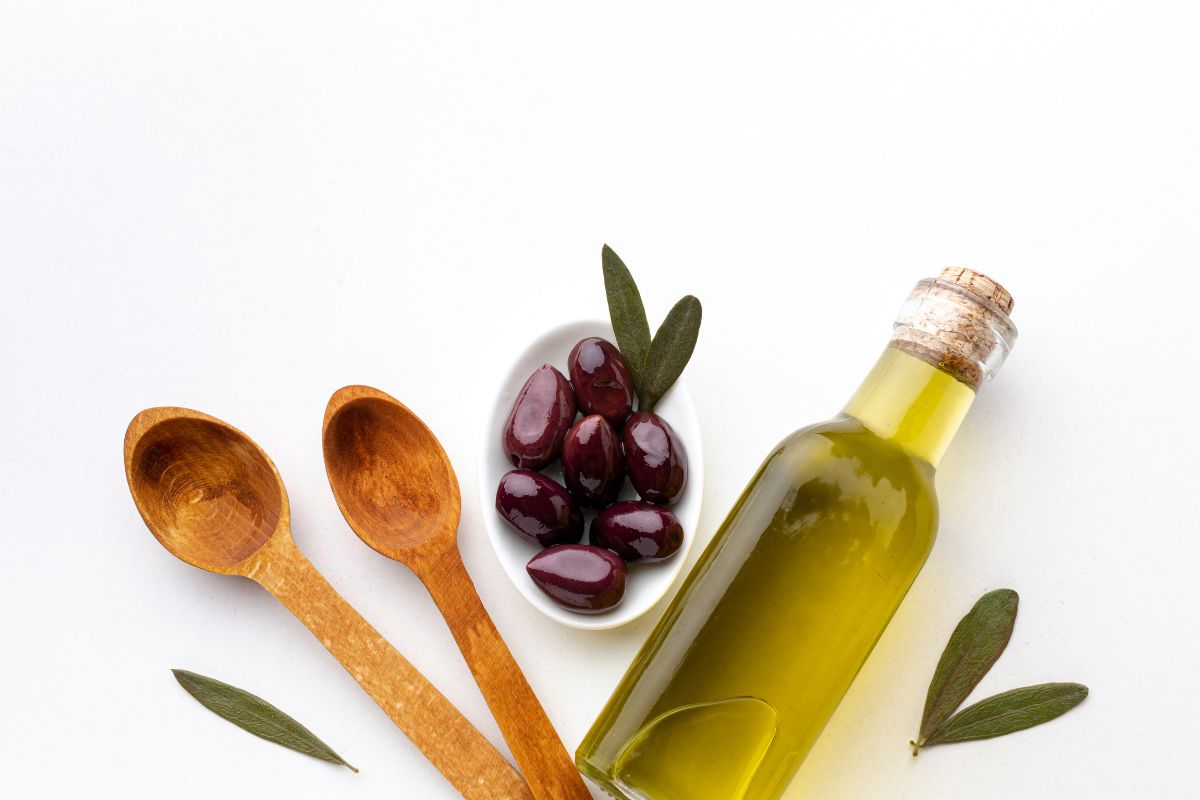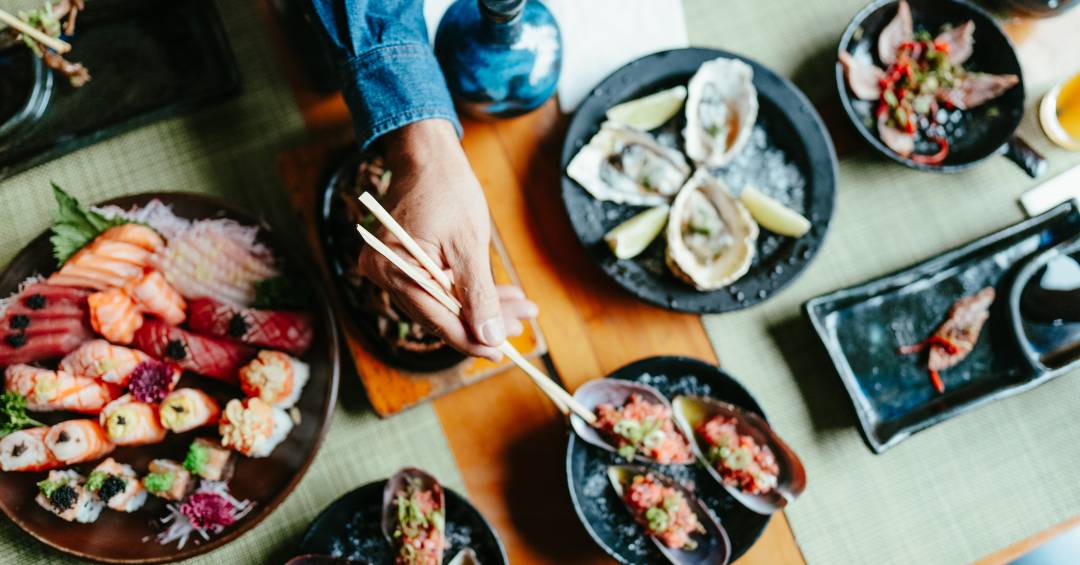
Com as high olive oil prices Nowadays, many consumers prefer options that offer better value for money. However, this can lead them to fall into traps, such as buying low-quality or adulterated products that do not deliver the expected benefits or flavor.
To avoid falling for these scams, below, Pedro Calazanscommercial director of Uniagro Selectedwhich imports olive oils from several countries to Brazil, such as Tunisia, Spain, Chile, Argentina and Italy, reveals some important tips. Check it out!
How to avoid getting scammed when choosing your olive oil
The main way to find out if the olive oil is of good quality is by tasting it. However, we know that most of the time, this is not possible. So, the first tip is to pay attention to the type of product. According to the professional, the most recommended is to invest in extra virgin.
Furthermore, it is recommended to pay close attention to the information that is in the product label. He says it is interesting to evaluate, for example, the peroxide indexwhich reveals the amount of active oxygen in the olive oil and can serve as an indicator of quality and freshness. For extra virgin olive oil, the peroxide index must be a maximum of 20 meq/kg.
Another detail to be observed is the acidity level of the product. The Ministry of Agriculture, Livestock and Supply classifies an olive oil as extra virgin when it has an acidity of up to 0.8%.
Also don't forget to check the origin of manufacture and bottling of olive oil. “The product must be packaged at the point of production, to maintain its organoleptic characteristics (characteristics perceived by our senses, such as taste and smell. Ideally, the olives should be harvested in the morning and the oil processed in the afternoon, to reduce the impact of the oxidation of the olives and obtain a fresher oil”, he comments.
According to Calazans, the younger the olive oil, the better. So it's worth taking a look at date of manufacture before purchasing the product.
“Over the years, olive oil, even inside the bottle, loses a little of its quality, and can lose all its potency and flavor,” he points out.
How to recognize adulterated olive oil?
The professional explains that the color of extra virgin olive oil is uniform and concentrated, and can vary between green and golden. Therefore, stay away from products that are too light or transparent.
Another sign that may indicate adulteration of olive oil is presence of a very strong oily smell. “Good quality olive oils don’t have that strong compound oil smell,” he says.
“So, when buying at the supermarket, where you can’t taste the product to know whether it’s adulterated or not, the ideal is to use the bottle evaluation, as previously indicated”, he concludes.



